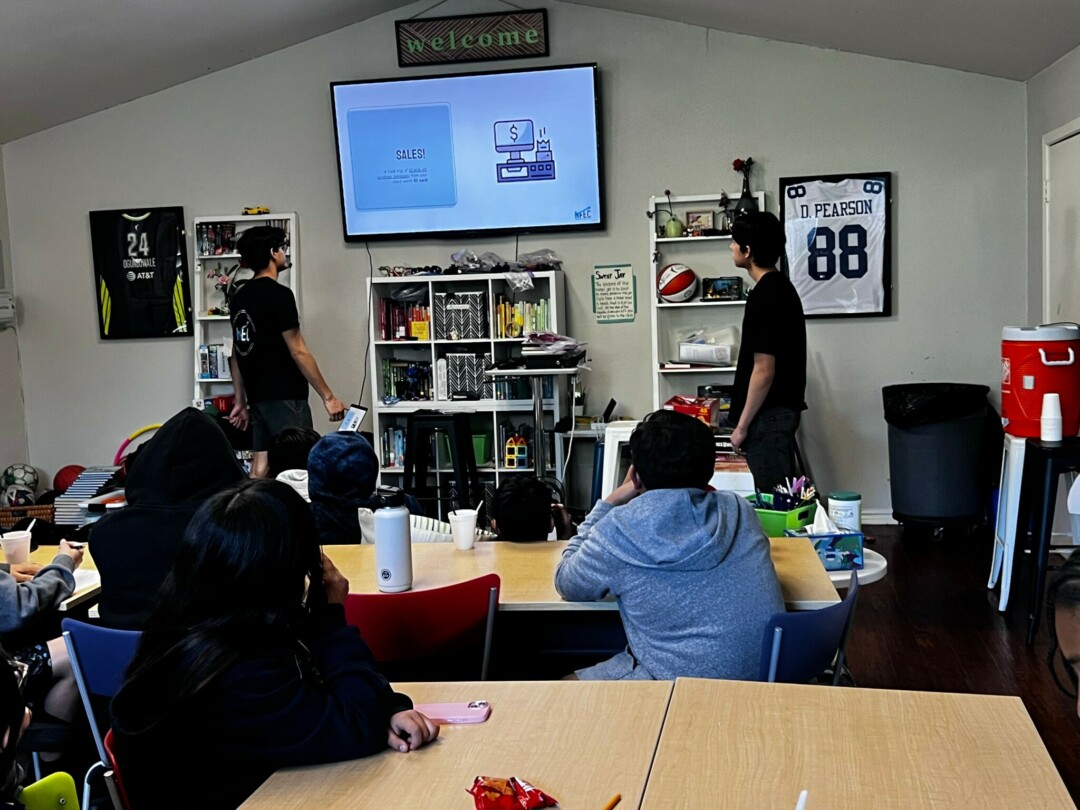There’s a concept of the Matthew Effect which uses math to illustrate what folks have lamented about for thousands of years – the rich get richer while the poor get poorer. Take tech for example – the rich and poor often have different problems, but because it’s more profitable to solve problems for the wealthy a disproportionate share of tech innovation focuses on solving problems for the affluent. However, it doesn’t have to be this way – and we have been blown away by the thousands of members of our community who have devoted their lives through their businesses, organizations and art to serve the underserved.
Shayan Parikh & Keon Attarha
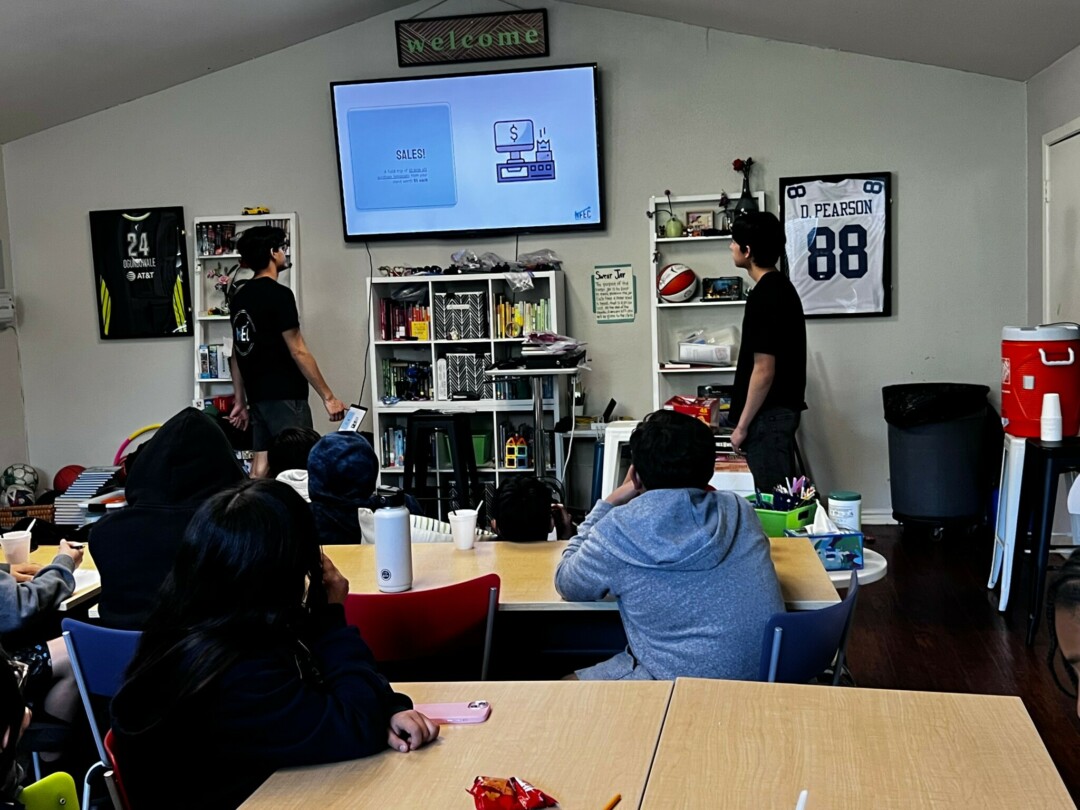
Our entire mission focuses on serving the underserved. We recognized that financial literacy has historically been less accessible to immigrant and underserved communities, leaving individuals without the knowledge or resources to navigate key aspects of personal finance, such as budgeting, credit management, and investing. For example, we partner with Jubilee Park in South Dallas to support their after-school programs for middle school students. Every Wednesday, we spend an hour teaching these students essential financial concepts, including understanding taxes, building and managing credit, and protecting themselves from scams. Read more>>
Miguel Viera
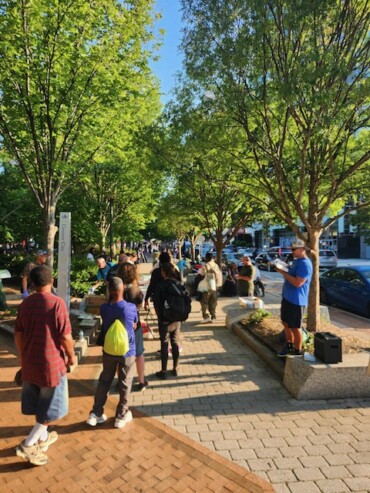
Image a large number like 100,000,000. It would be one thing to dismiss a number that large when comparing it to grains of sands but how different when each one is associated with a real child in our world that is an orphan. To go beyond that number, the “UNICEF estimates this number grows daily, with about 5,700 children becoming orphans every 24 hours due to war, natural disasters, poverty, disease, and medical needs.” It is one thing to hear about a statistic like this and think, “Well that really stinks for them,” but what if you could be put in a position to physically do something about it and make a generational difference. Read more>>
Aneela Idnani
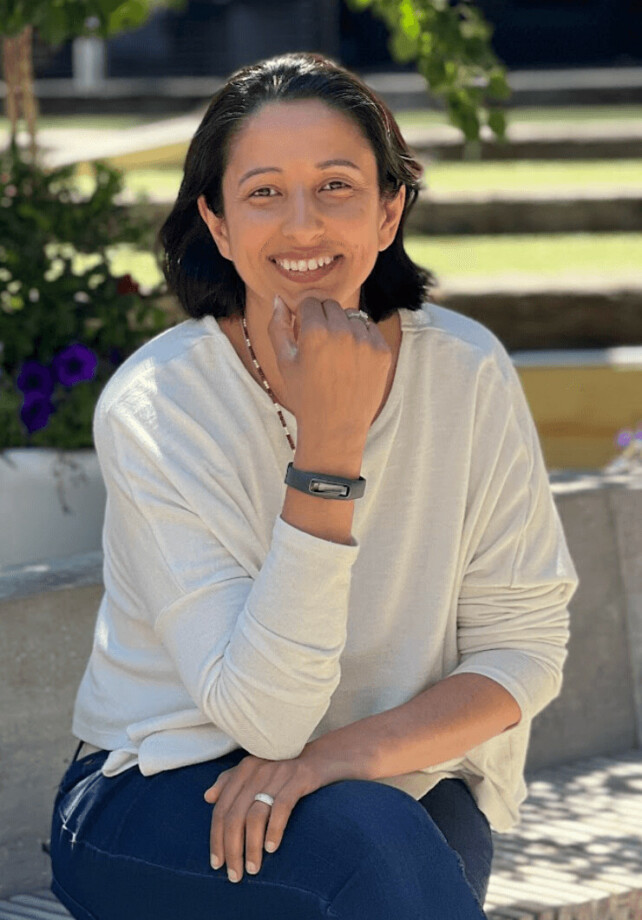
HabitAware serves an incredibly underserved community: people with Body-Focused Repetitive Behaviors (BFRBs) like compulsive hair pulling (trichotillomania), skin picking (dermatillomania), nail biting (onychophagia), and other related behaviors. Despite affecting an estimated 1 in 20 people, BFRBs remain largely unrecognized, dismissed, or misunderstood by the medical and mental health communities. Read more>>
Dawn L. Brown
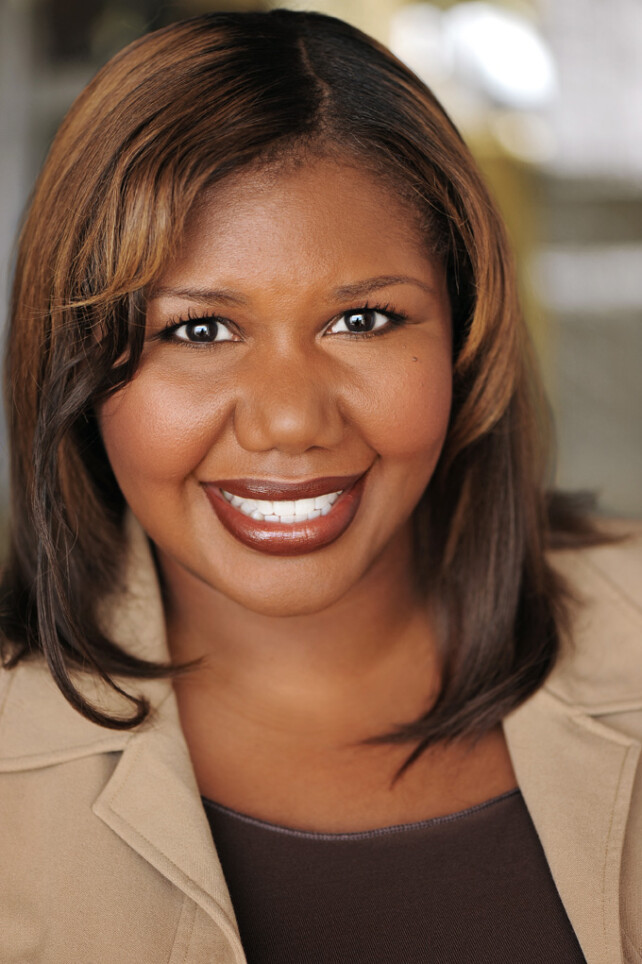
EmpowHer Institute is really a love letter to our community. Our organization was founded by a Black woman, Betty LaMarr, and her successor (myself) is also a Black woman, both from economically insecure communities. In fact, Betty graduated from the first high school we partnered with in the early 2000s. 100% of our staff and 80% of our Board of Directors are not only degreed but also have lived experience, reflecting our communities. 98% of the girls and gender-expansive youth we serve are Black and Latina. 96% live at or below the poverty level. We have 13 Title I school partners, from communities such as Watts, Compton, Inglewood, Koreatown, Gardena, Venice, and Hawthorne. Read more>>
Sarah Oak Kim

It didn’t start off this way. We thought we’d be just another bar on Edgewood, like many before us. We all got our start at Department Store back in 2015, right down the street and assumed this would go the same way. But just 16 days after Our Bar ATL opened its doors, the pandemic hit, forcing a mandatory shutdown. Suddenly, Edgewood became a ghost town. With only two weeks of sales under our belt, we were devastated. Read more>>


